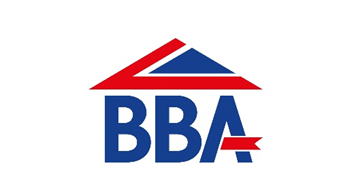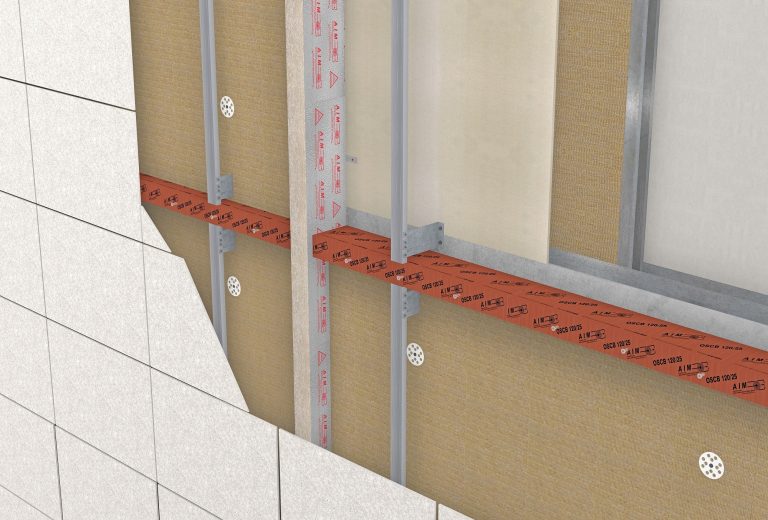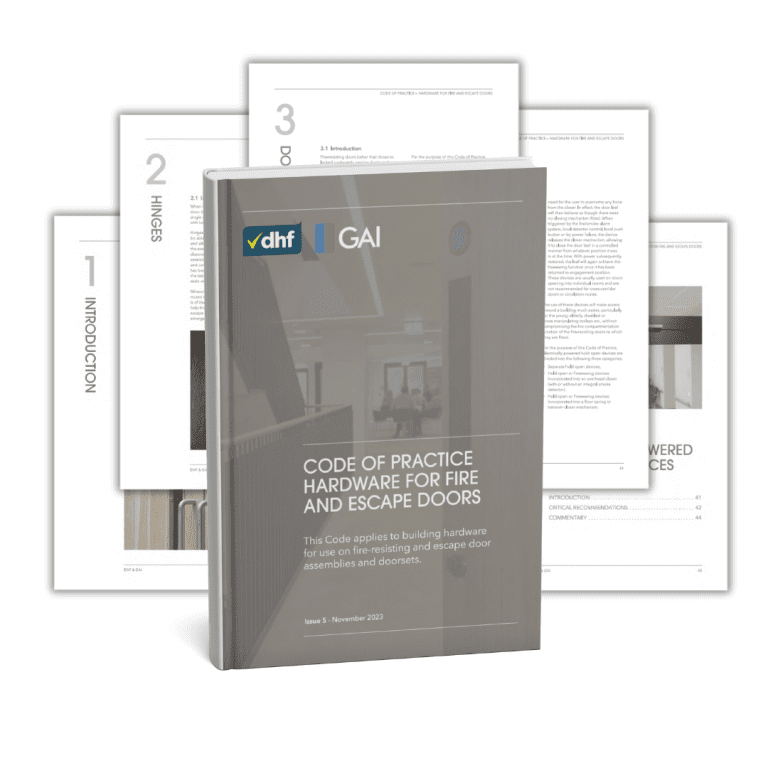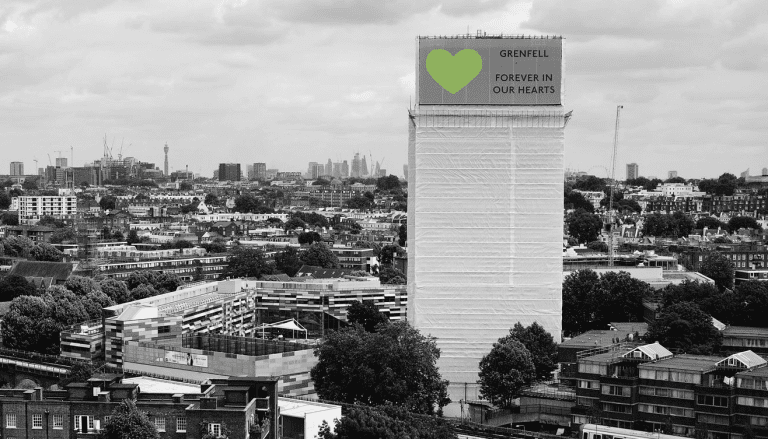In a world where architectural beauty often steals the spotlight, the grim reality of fire safety lurks in the shadows—especially in high-rise buildings. The spectre of Grenfell continues to loom large, urging us to reassess our priorities when it comes to safeguarding lives. We have delved into the timeline of what regulatory changes have been made and what still needs to be done, to try to prevent tragedies like this from being repeated. Regulatory Changes Post Grenfell Shortly after the seven-year anniversary of the Grenfell fire tragedy, which claimed 72 lives, came the alarming news of a tower block in East London that caught fire over the August bank holiday weekend, also due to non-compliant cladding. Thankfully, no lives were lost in this incident, but homes were destroyed and cherished possessions lost. While the building was in the process of removing the unsafe cladding, we must ask: is enough being done quickly enough to address cladding safety issues? This has led us to examine the timeline of regulatory changes aimed at preventing such tragedies. It’s important to note that cladding itself isn’t inherently dangerous. It serves as a protective layer, providing thermal insulation, weather resistance and aesthetic enhancement. However, we must ensure that materials are safe to use for these purposes. The Tragedy of Grenfell in 2017 Several factors led to the catastrophic outcome of the fire, but three key considerations are essential for any retrofitting cladding or facade project: the choice of cladding material, the risk of fire spread and the adequacy of fire safety measures. In the case of Grenfell Tower, the use of aluminium composite material (ACM) panels with a highly flammable polyethylene core posed a significant risk. Compounding the issue was that the cavity barriers that were designed to prevent fire spread in the ventilation gaps were either ineffective or poorly installed. Furthermore, the building was severely lacking in fire suppression systems, with no sprinklers and only a single escape route, creating a perfect storm for disaster. Immediately Post Grenfell In 2018, Dame Judith Hackitt urgently reviewed fire safety and building regulations, resulting in the discontinuation of desktop studies for evaluating fire protection. This left many practices in a dilemma about which products and combinations to specify. Common materials once deemed acceptable for taller buildings, such as certain cavity trays and timber decking for balconies, were no longer acceptable due to combustibility. This created a significant gap in the industry as manufacturers struggled to meet the demand for safe alternatives. Additionally, many building materials needed retesting, causing further delays in the availability of compliant products for taller structures. The Introduction of the Building Safety Act In July 2020, the UK Parliament enacted the Building Safety Act, which came into effect in April 2022. This legislation promised to clarify building standards and enhance the competence of those overseeing higher-risk buildings. In 2023, a “higher-risk building” was then defined as any structure of 18 meters (or seven stories) high, containing two or more residential units. This definition was updated to exclude care homes, refurbishments, hospitals, and hotels. Additionally, the act introduced three ‘Gateways’ that must be navigated from the initial planning phase through construction and post-occupation. For a building to be registered with the Building Safety Regulator (BSR) for process through to occupation, the industry must meet specific criteria at each Gateway. The Golden Thread Gateway 1 – covers the design stage and has been in effect since August 2021. During this phase, the Building Safety Regulator (BSR) reviews planning applications and base project information, to ensure that building designs adequately address fire safety concerns before granting planning permission. Gateway 2 – pertains to the preconstruction stage, with a 12-week determination period that began in October 2023. No construction can commence until the BSR approves the building control application and confirms that the design complies with building regulations. Gateway 3 – focuses on occupancy and came into effect in October 2023, featuring an 8-week determination period. A building cannot be occupied until the BSR assesses the overall construction and ensures it meets regulatory standards, culminating in the issuance of a completion certificate. These Gateways have introduced a new role for the BSR, which now decides on building applications, replacing local building control and approved inspectors. An accountable person, such as the building owner, freeholder, or management company must continuously evaluate safety risks and provide a ‘Safe Case Report’ that outlines how these risks are managed. The determination periods for Gateways 2 and 3 are shaping the construction industry, as the law is enforced, and companies adapt to enhance resilience and compliance. Effects of the introduction of the BSR As a result, there have knock-on effects on the industry. Cindy Cane, Senior Fire Safety Consultant at ORSA, an independent compliance consultancy specialising in all matters relating to health, safety, fire and the environment comments, “delays through process changes bring about cost increases and lessening interest by contractors to tender for such works.” Cindy also comments that concerningly, any delays in remediation also have yet more repercussions on the building’s residents and adds that owners of units in high-risk buildings face higher insurance costs and a scarcity of insurance companies offering to cover leaseholders. They also face difficulty selling units with unsafe cladding and longer periods of increased leasehold costs, that may include interim fire safety actions such waking watch patrols and additional detection and fire alarms. BSR Future Plans The BSR is actively addressing noncompliant cladding, having already assessed 40% of occupied high-risk buildings. When recladding is necessary, the goal is to closely replicate the original facade design and colours to secure planning permission. Typically, improvements in thermal performance and fire protection accompany these efforts. Performance indicators are continuously reviewed to determine any additional actions or guidance needed for stairs and ramps, emergency egress for disabled access and automatic water fire suppression systems. The recent Autumn Budget has promised to improve ‘building safety and accelerating remediation of unsafe housing in response to Grenfell Tower fire’ with over £1














